October 29, 2025
Data Shows Endangered Palau Ground Doves Swiftly Recovering After Successful Palauan Island Conservation Effort
Astounding evidence of recovery on Ulong Island in Palau after just one year!
Published on
April 14, 2022
Written by
claudio
Photo credit
claudio


Island Conservation, Re:wild, Scripps Institution of Oceanography at UC San Diego, the Government of Panama, and the Government of Palau Launch 2030 Island-Ocean Connection Challenge at Our Ocean Conference with $50 Million Secured
As island communities around the world suffer some of the worst effects of biodiversity loss and climate change, Island Conservation, Re:wild, Scripps Institution of Oceanography at the University of California San Diego, the government of Panama, and the government of Palau have identified the critical need for conservation efforts that strategically benefit both islands and their interconnected ocean ecosystems.
Today, April 14, these partners together launch the 2030 Island-Ocean Connection Challenge at the Our Ocean Conference in Palau. The challenge calls on NGOs, governments, philanthropists and foundations to support the ambitious but achievable goal of restoring at least 40 globally significant island ecosystems from ridge-to-reef by 2030 to benefit biodiversity, climate, and communities. To date, the founding partners and their supporters have secured USD $50 million of the USD $160 million needed to achieve this vision.

By focusing on the links between land and sea ecosystems, the Island-Ocean Connection Challenge will maximize the co-benefits of island conservation for their surrounding marine ecosystems, including coral reefs, seagrass meadows, mangroves, and others. It will also help the livelihoods of island communities and ensure that they are more resilient to climate change. In addition, by restoring 40 globally significant island ecosystems, the challenge aims to protect an estimated 600 populations of 250 threatened wildlife species.
“The Island-Ocean Connection Challenge is a direct response to the triple threats of the climate change, ocean health, and extinction crises—all of which disproportionately impact island ecosystems and island people,” said Penny Becker, vice president for conservation at Island Conservation.
Growing scientific evidence demonstrates that many pristine or restored terrestrial island systems can result in dramatic benefits to surrounding marine ecosystems and species. For example, many native wildlife species living at the land-sea interface are ‘champion species’—critical architects and engineers of healthy ecosystems. Seabirds are one of the best examples of a champion species, as they bring important nutrients from the sea to islands, fertilizing native plants. Nutrients from seabirds and plants then flow into the ocean and nourish the marine ecosystem, bolstering fish populations and coral reef growth and resiliency.

“With Panama leading the way by hosting the next Our Ocean Conference in 2023, we are energized by the launch of the Island-Ocean Connection Challenge and ready to start taking action immediately as a founding partner,” said Milciades Concepcion, the minister of environment of Panama.
Wildlife that lives on islands is particularly susceptible to non-native introduced species, especially predators, that can spread quickly and cause the extinction of native species that have not evolved any defenses. Although islands represent only 5% of terrestrial land area, since 1500, 75% of amphibian, reptile, bird, and mammal extinctions have been on islands and nearly 40% of globally threatened vertebrates are island species.
“We are launching a new era of island restorations and rewilding focused on scaling and deploying collaborative whole-systems conservation plans for optimal impact,” said Wes Sechrest, Re:wild’s chief executive officer and chief scientist. “We can no longer look at these islands as separate from the ocean that surrounds them but must instead look at the ecosystems as a whole if we are to effectively rewild them for the benefit of local communities and the planet as a whole.”
The challenge aims to align Indigenous peoples and local communities, governments, conservation organizations, funders, and researchers to scale this work globally by partnering with island nations to address their most urgent environmental crises and sustainability needs.
“Indigenous peoples and local communities have long understood and managed natural resources in the context of land-to-sea connections,” said Stuart Sandin, director of the Center for Marine Biodiversity and Conservation at UC San Diego’s Scripps Institution of Oceanography. “Modern conservation science and restoration projects have only recently begun to elucidate, prioritize, and capitalize on these connections to maximize the returns on such investments.”
Restoring and rewilding islands also provide much-needed resiliency for island communities as climate change brings an increase in storms and extreme weather. Overwash can be the most damaging effect of storms, resulting in landslides, loss of property, and loss of life. Native plants are critical to soil stabilization and bolster an island’s ability to withstand sea-level rise during these events.

“Today, we are seeking and urging additional members to join this collaborative and advance this novel restoration and resiliency effort,” Becker said. “Join this movement by adding your commitments, resources, projects, programs, or islands to this 2030 challenge.”
This call to action for reef-to-ridge rewilding includes commitments and resources, projects and/or programs that will benefit island champion species while linking island-ocean ecosystems to optimize benefits for nearshore environments (e.g. coral ecosystems), communities, and climate resilience.
“Our Ocean’s 2022 conference is an opportunity to highlight that land and sea connections are more direct and intimate on small islands. We are proud to announce this call-to-action to support our world’s island communities and their increasing leadership to demonstrate holistic management approaches that meet our unique needs and vulnerabilities,” said Steven Victor, Palau’s minister of agriculture, fisheries, & the environment. “Only together can we bridge traditional knowledge with academic science for island-ocean restoration to maximize ocean and climate benefits for our communities and ecosystems.”
The Island-Ocean Connection Challenge is made possible thanks to a diverse group of partners and funders, including Cookson Adventures, Leo Model Foundation, North Equity Foundation, Sheth Sangreal Foundation, and an anonymous donor. This challenge received a generous seed grant from the David and Lucile Packard Foundation.
Parties interested in joining the challenge, including philanthropists, foundations, island nations, regional organizations, research institutions, and local, regional and global non-governmental organizations (NGOs), can submit draft membership commitments at www.iochallenge.org.
Contact:
Sally Esposito
Island Conservation
Director of Communications
Sally.esposito@islandconservation.org
Lindsay Renick Mayer
Re:wild
Director of Communications
Lrenickmayer@rewild.org
Lauren Fimbres Wood
Scripps Institution of Oceanography
Director of Strategic Communications
lmwood@ucsd.edu
858-337-1360
Resources:
Photos
###
Re:wild
Re:wild protects and restores the wild. We have a singular and powerful focus: the wild as the most effective solution to the interconnected climate, biodiversity and human health crises. Founded by a group of renowned conservation scientists together with Leonardo DiCaprio, Re:wild is a force multiplier that brings together Indigenous peoples, local communities, influential leaders, nongovernmental organizations, governments, companies and the public to protect and rewild at the scale and speed we need. Learn more at rewild.org.
Island Conservation
Island Conservation is our world’s only international nonprofit conservation organization dedicated solely to preventing extinctions on islands. Our collaborations with local island communities aim to improve livelihoods, manage invasive species, and reintroduce native animals and plant life. Island Conservation is a United States-based 501(c)(3) charitable organization working through diverse local and international partnerships to foster sustainable development, climate resilience, and healthy island-marine ecosystems across the globe. Visit us at islandconsestg.wpenginepowered.com.
Scripps Institution of Oceanography
Scripps Institution of Oceanography at the University of California San Diego is one of the world’s most important centers for global earth science research and education. In its second century of discovery, Scripps scientists work to understand and protect the planet, and investigate our oceans, Earth, and atmosphere to find solutions to our greatest environmental challenges. Scripps offers unparalleled education and training for the next generation of scientific and environmental leaders through its undergraduate, master’s and doctoral programs. The institution also operates a fleet of four oceanographic research vessels, and is home to Birch Aquarium at Scripps, the public exploration center that welcomes 500,000 visitors each year.
BACKGROUND
The Island-Ocean Connection Challenge is…
Our near-term goals, by March 2023 (to be announced at the Panama Our Ocean Conference) include:
TRADITIONAL KNOWLEDGE–People living along coastlines have long understood that the health of the land is inextricably linked with nearby marine environments, and vice versa. Robust land-sea linkages are critically important for wildlife communities, functioning ecosystems, climate change resilience, and safeguarding human health and livelihoods.
UNEQUALED RISK & OPPORTUNITY–Island communities, ecosystems, and wildlife are disproportionately impacted by threats of our changing world like climate change, ocean degradation, and invasive species. Thus, they have disproportionate potential for restoration and resilience.

ONE ACTION, CROSS-CUTTING BENEFITS–Restoring and rewilding islands through invasive species removal and reestablishing native plants and animals maximizes benefits to the connected island-marine ecosystem.
CHAMPION SPECIES ARE THE ANSWER–Native wildlife living at the land-sea interface, or ‘champion species’, like seabirds, bring important sea-derived nutrients to islands which fertilize native plants. Excess nutrients flow into the ocean and nourish the marine ecosystem.
THE SCIENCE IS CLEAR–Many studies show direct benefits to ocean ecosystems and communities following island restorations. Coral reefs in the Chagos Archipelago near invasive-free islands showed higher fish production and 48% greater biomass than their counterparts with invasive nonnative rats. Other studies show that increased seabird nutrients promote reef recovery after bleaching events through positive influences on algae and herbivorous fishes. In addition, reefs with adjacent seabird nutrient subsidies can exhibit coral growth rates up to four times those without seabirds, resulting in larger reefs sequestering more carbon and buffering islands from extreme storm surges.
REVIVING ISLAND-MPA CONNECTIONS–The establishment of well-managed marine protected areas (MPAs) can help to more swiftly realize ecosystem gains when land-sea connectivity is strengthened by island restorations. Similarly, restoring islands can also greatly improve the conservation status of established MPAs.
SUPPORTING REEFS & COMMUNITIES FOR A THRIVING BLUE ECONOMY–Productive, functioning marine ecosystems like coral reefs support nature tourism economies and food security through thriving artisanal fisheries, protected areas, and marine wildlife.
Check out other journal entries we think you might be interested in.

October 29, 2025
Astounding evidence of recovery on Ulong Island in Palau after just one year!
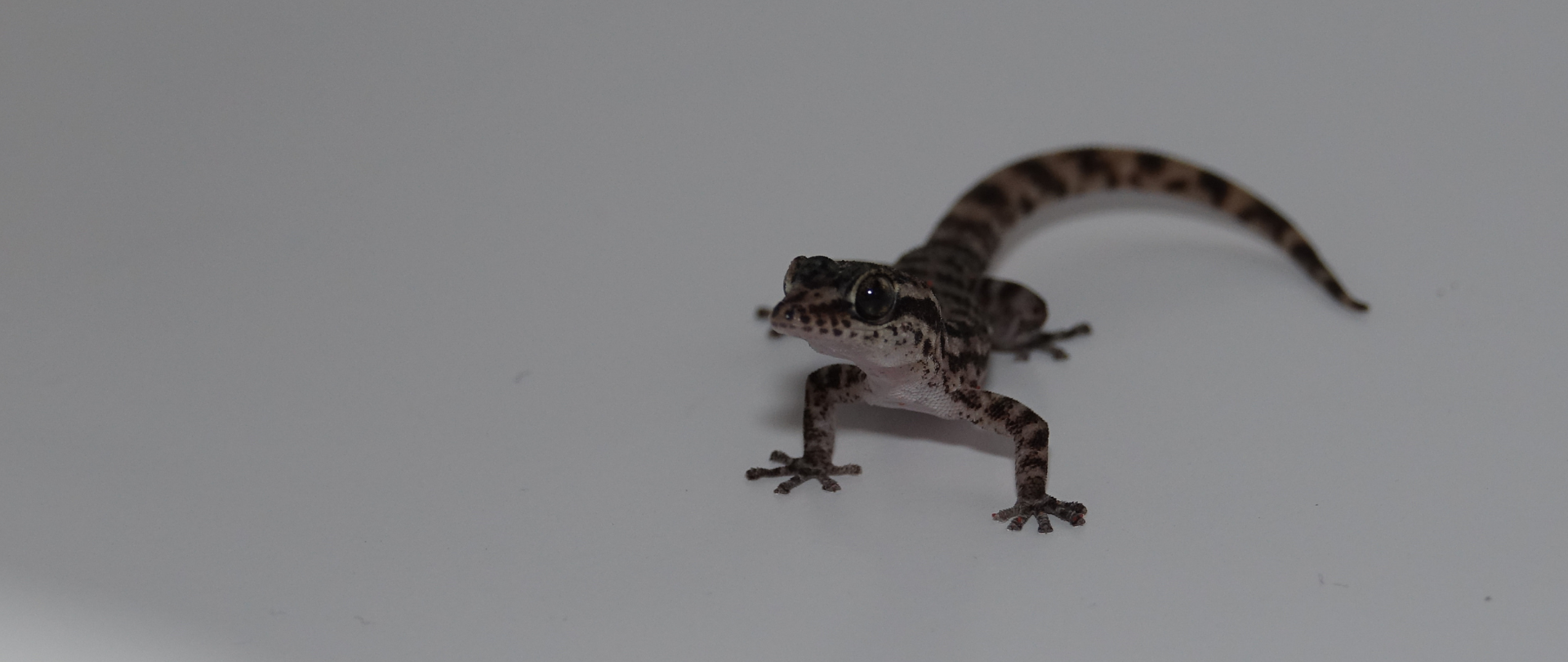
July 22, 2025
A species once thought extinct just made its comeback. A study published in PLOS ONE confirms the Leaf-toed Gecko has been rediscovered on Rábida Island in the Galápagos.
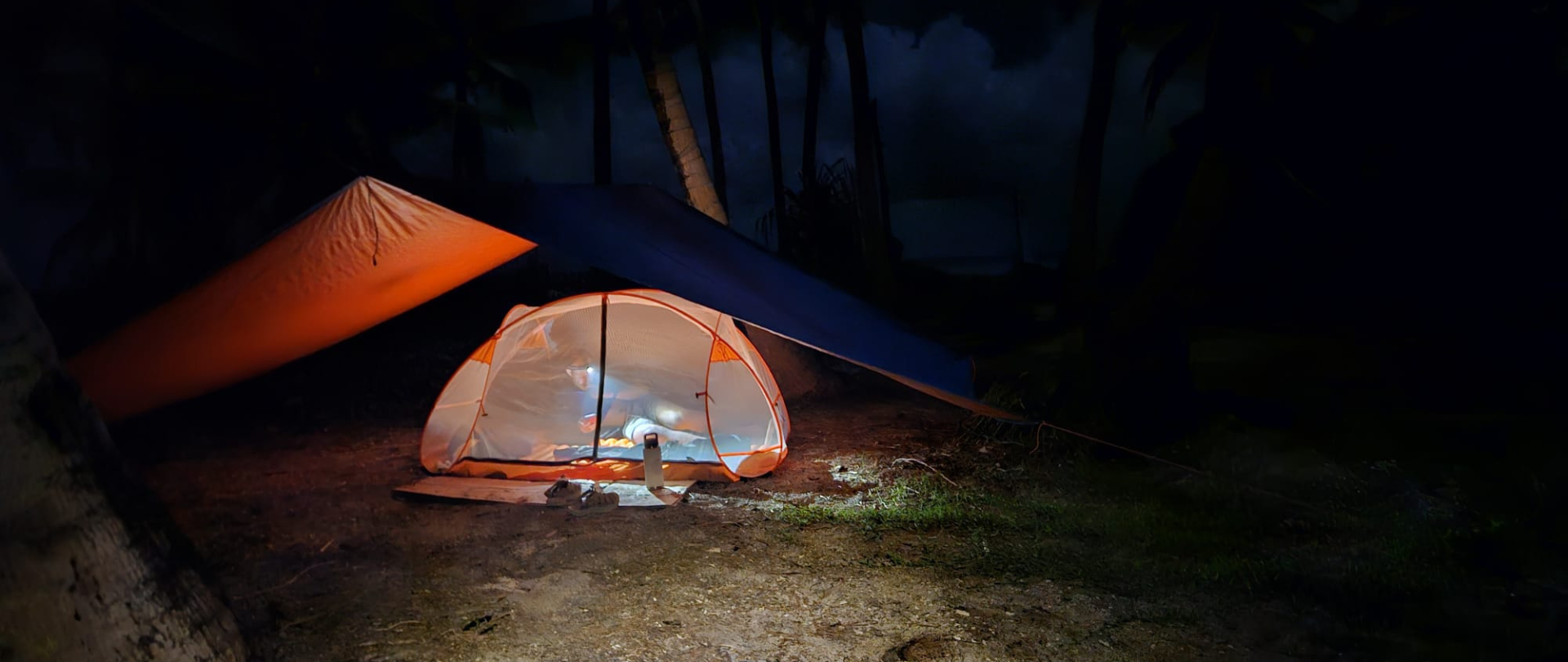
July 17, 2025
Great news from Tuvalu--our projects to restore Nukufetau Atoll, Tepuka, and Falefatu were successful!

June 17, 2025
Two new islands join the Island-Ocean Connection Challenge, linking terrestrial and marine conservation for maximum impact!
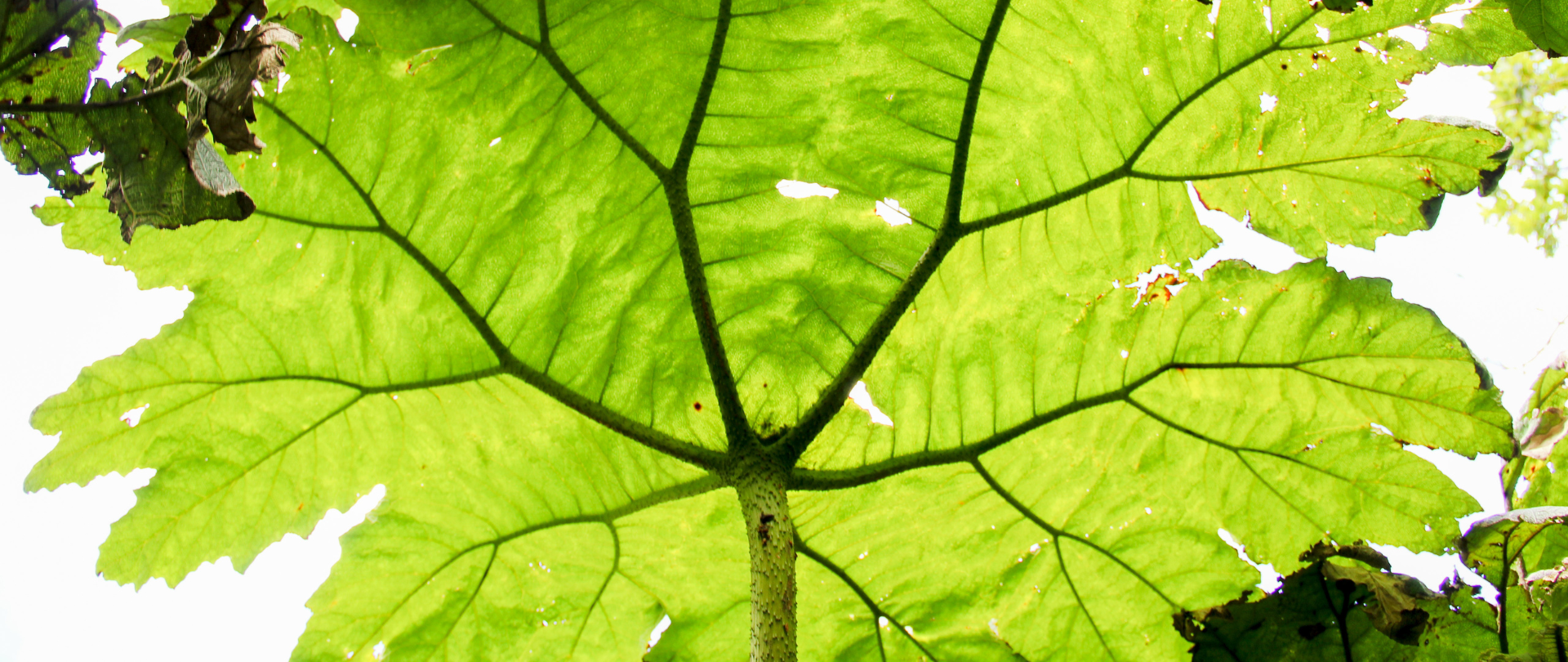
June 13, 2025
Our partner Conservation X Labs has joined the IOCC, committing to deploying transformative technology to protect island ecosystems!
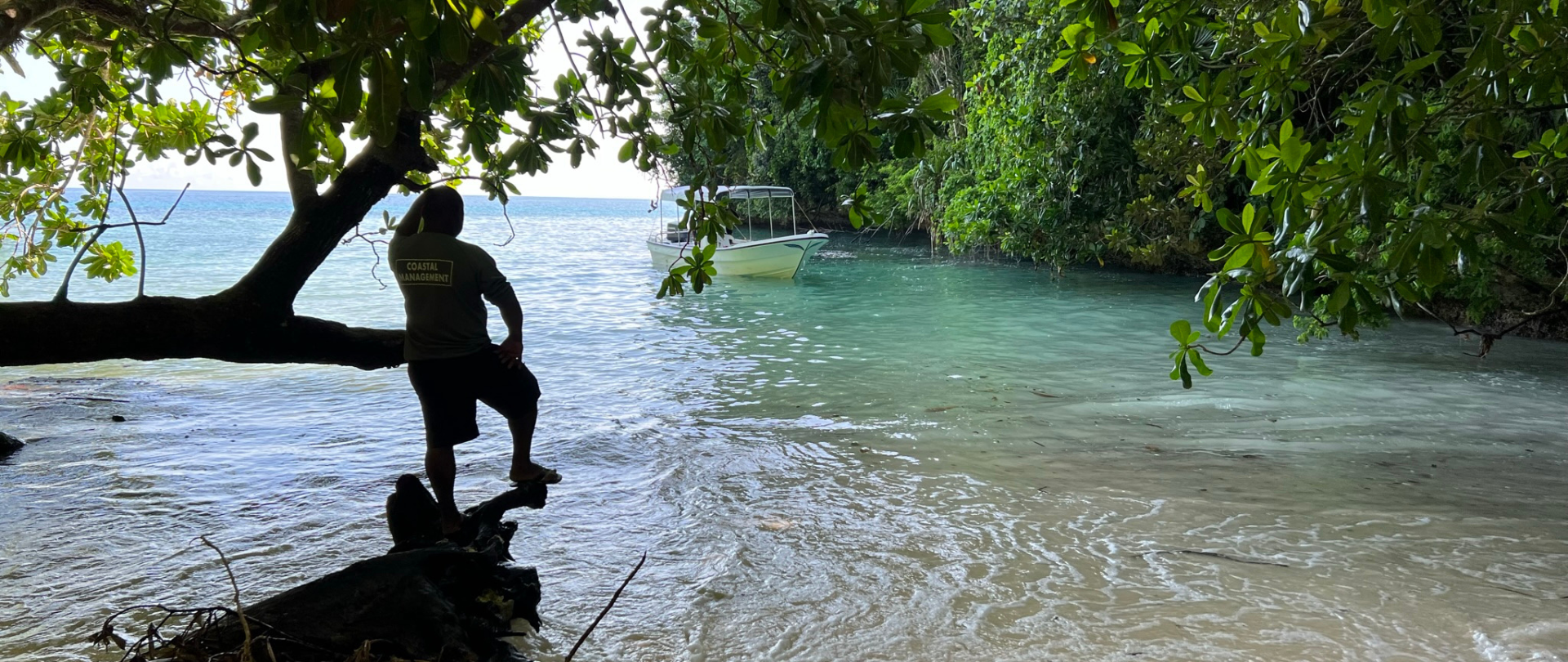
May 19, 2025
Read our position paper on The 3rd United Nations Ocean Conference (UNOC 3) to see why we're attending and what we aim to accomplish!
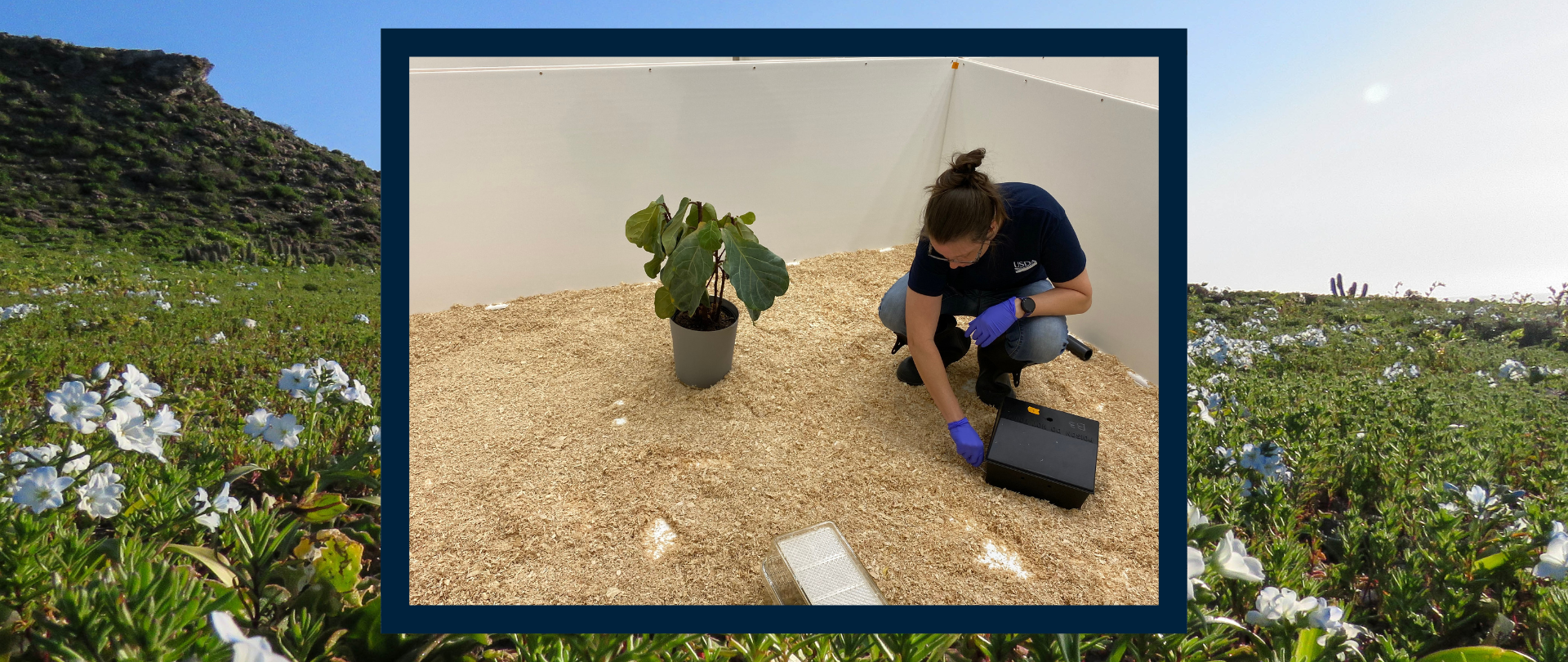
March 11, 2025
New environmental DNA technology can help protect vulnerable island ecosystems from destructive invasive species.
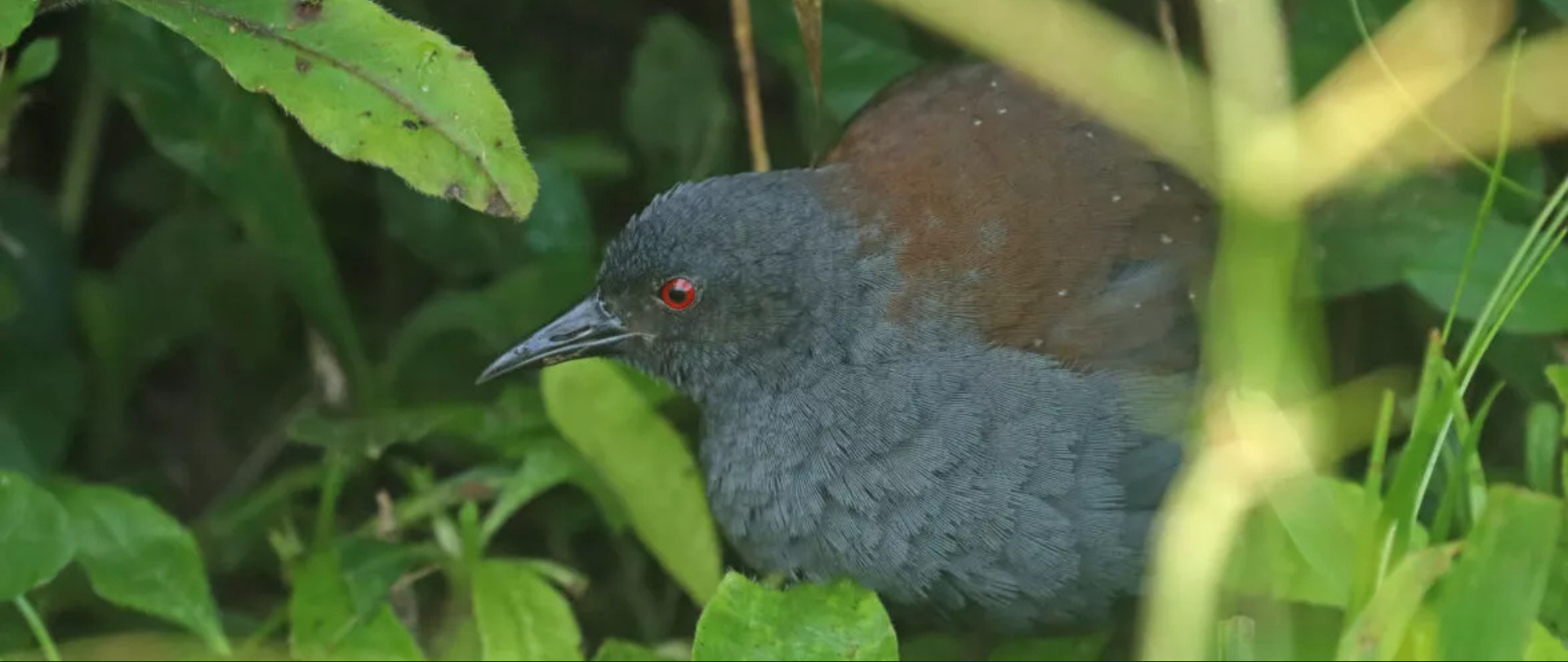
February 27, 2025
A locally-extinct species of ground-dwelling bird was found on Floreana Island!
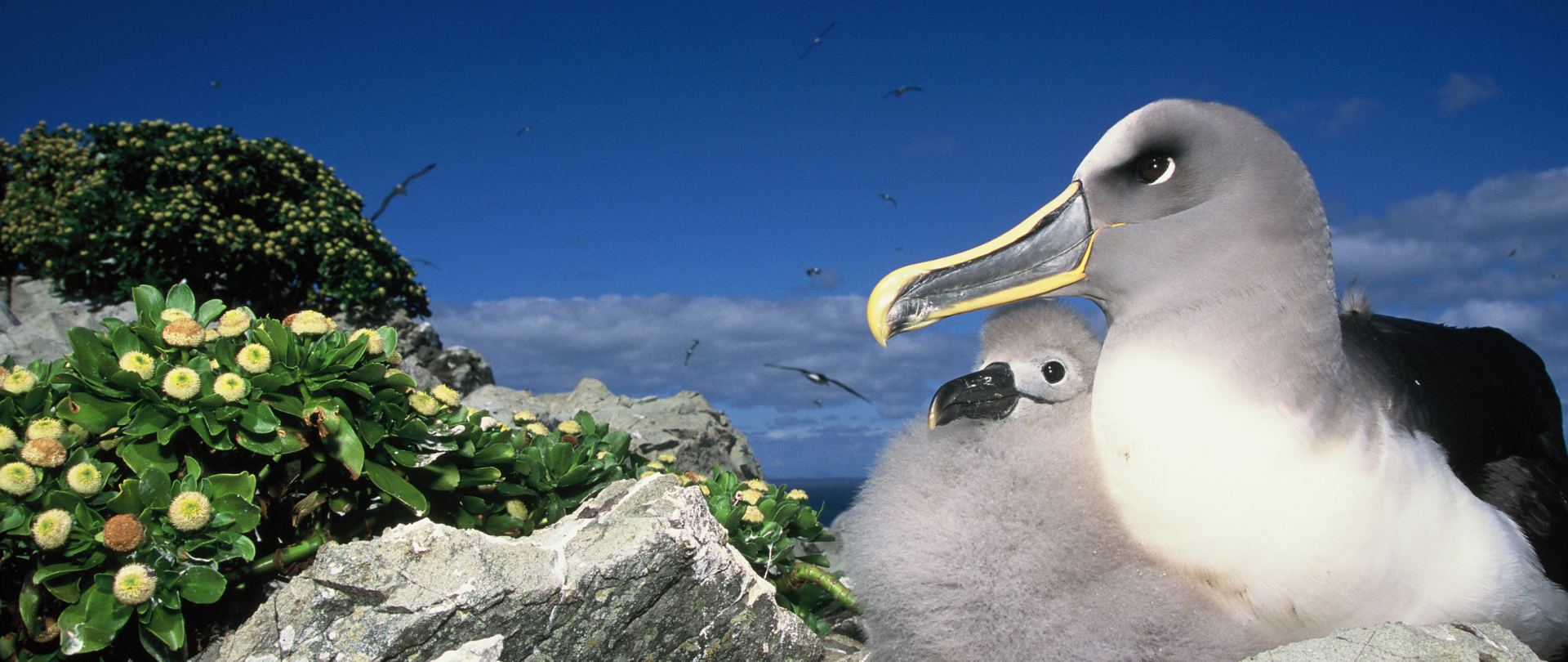
February 20, 2025
February 20, 2025, Bluff, New Zealand – The international conservation initiative, Island-Ocean Connection Challenge (IOCC), led by Island Conservation, Re:wild, and UC San Diego’s Scripps Institution of Oceanography, proudly welcomes three of New Zealand’s most ecologically rich islands into its…